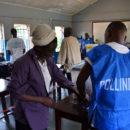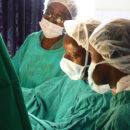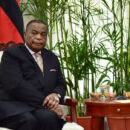Unschooled and underfunded: How Nigeria’s desperately failing its young
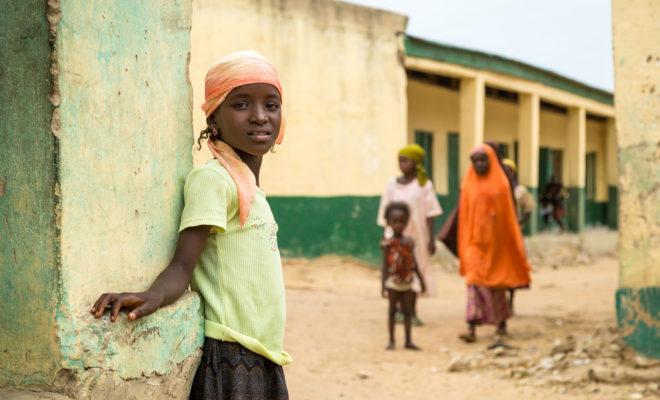
Nigeria has the highest number of out-of-school children in the world. Many teachers can barely pass grade-4 tests.
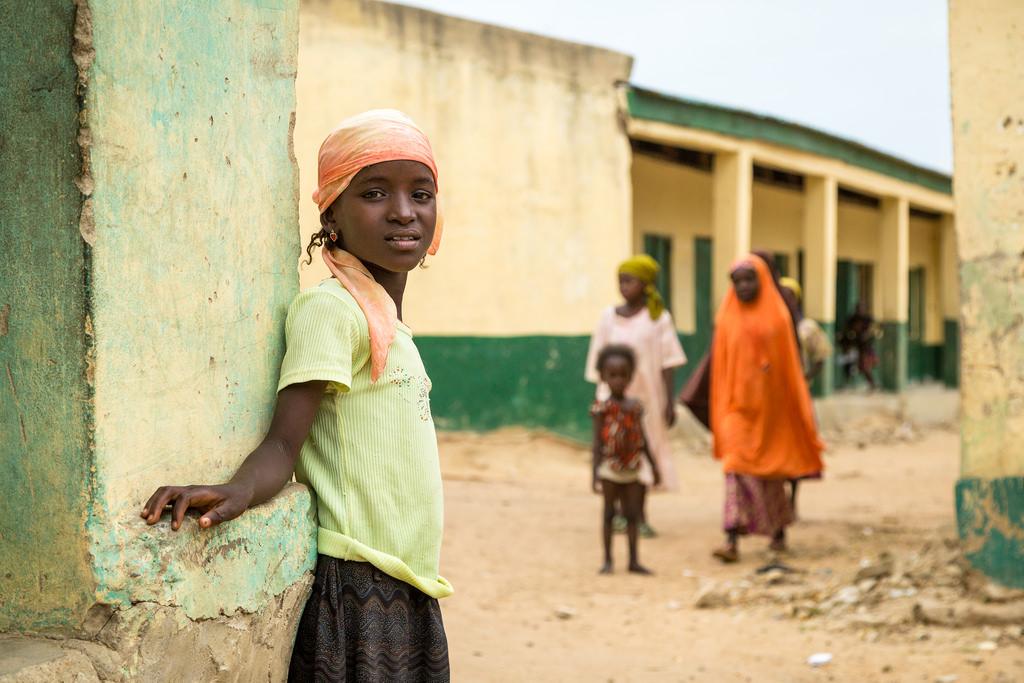
Nigeria’s young population is a huge opportunity if harnessed, a ticking time bomb if not. Credit: GPE/Kelley Lynch.
In the 7th century BC, the Chinese reformer Kuan Chung declared: “If your plan is for a year, plant a seed. If it’s for ten years, plant a tree. If it’s for a hundred years, educate your children.”
The same aphorism applied to Nigeria today might include some adjustments. It might begin: “If your plan is for a year, sell oil. If it’s for ten years, build a refinery.” But it would end in the exact same way.
With a population approaching 200 million, Nigeria is by far Africa’s most populous country. 60% are under the age 25, and this age group is set to expand rapidly in the coming decades. In just over 30 years, Nigeria is projected to have an overall population of more than 300 million, mostly made up of young people.
The potential for the country if this group is appropriately trained is difficult to overstate. Yet Nigeria is failing to invest in this future. In its 2018 budget, the government allocated just 7% of spending to education, well below the 26% recommended by the United Nations. Even when complemented by an education tax, this is barely enough just to sustain the current infrastructure.
With the number of pupils in Nigeria set to double in the next three decades, this lack of foresight is worrying enough. But even without looking ahead, the country is already desperately struggling to educate its young. An estimated 8.7 million Nigerian children are not even in primary school, making them the largest group of children not being educated in the world.
Those that do go to school tend to experience a poor standard of learning. On average there is just one qualified teacher for every 46 primary school students. Moreover, many teachers are simply absent much of the time. A World Bank survey found that primary school teachers in Nigeria are not in their scheduled classes approximately 25% of the time. It estimated that actual teaching time is on average 33% less than that which is timetabled.
Secondly, the quality of teachers in Nigeria is troublingly low. In the same survey, a shocking 69% of maths and 76% of language teachers failed to achieve 80% in tests aimed at ten-year-old Grade-4 pupils. Given these shortcomings, it is perhaps unsurprising that just 20% of pupils that complete primary school in Nigeria are able to read a three-sentence passage fluently or with little help.
How to fix Nigeria’s schools?
At both the federal and state level, Nigeria is failing to ensure its schools offer a decent standard of education. This ineffectiveness was particularly well highlighted last year when the Kaduna state government tried to sack 20,000 teachers who failed a competency test.
So what’s the solution? To begin with, Nigeria clearly needs a new regulatory framework regarding primary school education. The requirement of periodic recertification for teachers could encourage their ongoing professional development, while many believe the reintroduction of teacher training colleges, abolished decades back, could contribute to a rise in standards.
At the heart of the solution, however, is investment. Current levels of funding are simply inadequate for today’s needs and for those in the future. Nigeria not only needs to increase its educational budget for the coming years, but has to start building the infrastructure and pipeline for new teachers to cater for a much-expanded population. As well as vastly expanding the education budget, perhaps it is time to think seriously about increasing the education tax as well as improving the administration of its collection.
Recognising the value of education and its enormous contribution to society, the government should also find ways to increase teacher numbers and foster improvements in retention and quality. Part of this solution could be to offer incentives to teachers (e.g. tax cuts) and review their salaries. The Ghanaian government, for example, recently increased its teachers’ salaries by 11%. Teacher attendance could be addressed by linking the payment of wages to a minimum threshold of attendance.
Increasing investment and funding is, of course, easier said than done. Nigeria’s finances are strained, and many other sectors – from security to infrastructure to health and agriculture – are similarly struggling.
However, the potential dangers of not increasing investment in education are particularly worrying and far-reaching. Nigeria’s population growth offers an enormous opportunity if harnessed, but a ticking time bomb if not. Rather than driving the country to new heights, an untrained and under-employed young population could lead the country down the path of social unrest, political instability and economic ruin.
With this in mind, Nigeria must educate its children for today and tomorrow, teaching them not just literacy and numeracy but digital skills that will be fundamental in the future global economy. Nigeria still urgently needs to develop self-subsistence and build up its basic infrastructure, but without a digitally-skilled workforce for the future, it will be subservient in a developed global world. Nigeria must take strategic decisions now and urgently in order to ensure its future tomorrow.
—


